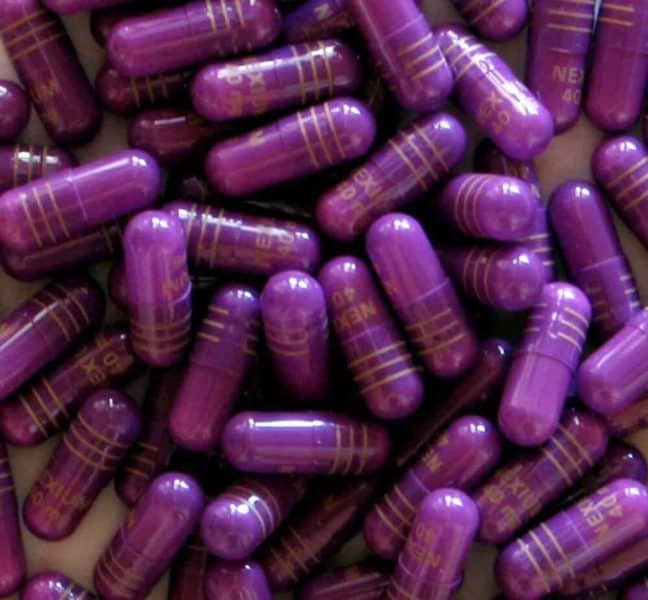In a population-based study from Scotland, use of commonly-prescribed acid suppression medications such as proton pump inhibitors (PPIs) was linked with an increased risk of intestinal infections with C. difficile and Campylobacter bacteria, which can cause considerable illness.
Compared with individuals in the community who did not take acid suppression medications, those who did had 1.7-times and 3.7-times increased risks of C. difficile and Campylobacter, respectively. Among hospitalized patients, those using the medications had 1.4-times and 4.5-times increased risks, respectively.
Although acid suppression therapy is often considered relatively free from side effects, the findings suggest that there are significant adverse gastrointestinal consequences of their use. “Users of these medications should be particularly vigilant about food hygiene as the removal of stomach acid makes them more easily infected with agents such as Campylobacter, which is commonly found on poultry,” said Prof. Thomas MacDonald, senior author of the British Journal of Clinical Pharmacology study.
If our reporting has informed or inspired you, please consider making a donation. Every contribution, no matter the size, empowers us to continue delivering accurate, engaging, and trustworthy science and medical news. Independent journalism requires time, effort, and resources—your support ensures we can keep uncovering the stories that matter most to you.
Join us in making knowledge accessible and impactful. Thank you for standing with us!

